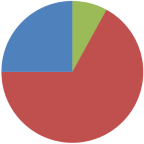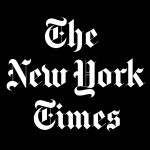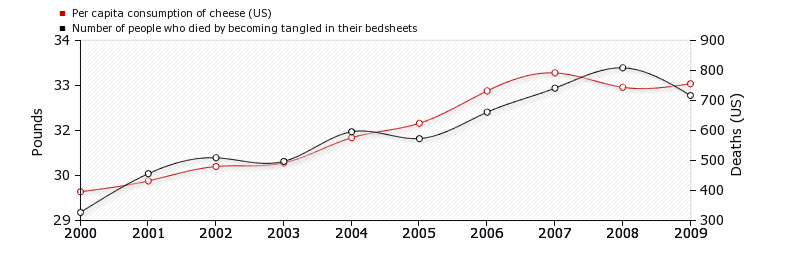2 months ago the New York Times was calling for a diet that Embraces fat in light of recent research.
Eating Fat doesn’t make you fat
The study funded by the U.S. National Institute of Health, showed that people on a “eat what you want” Lo-Carb diet lost more weight in a year than those on a Lo-Fat diet. The people on the Lo-Fat diet also lost weight, but lost more muscle than fat. The people on the Lo-Carb diet also saw their markers of inflammation, triglycerides in their blood go down and their HDL (good) cholesterol go up.
The people on the Lo-Carb diet got more than 13% of their calories from saturated fats – more than double the 5-6% recommended by the American Heart Association for a heart healthy diet.
… Or lead to a heart attack
The most important result was that those on the Lo-Carb diet saw a net decrease in the risk of having a heart attack in the next 10 years (known as the Framingham risk score). The people on the Lo-Fat diet saw no decrease in their Framingham risk scores.
Cholesterol not harmful?
Nina Teicholz, Author of “The Big Fat Surprise: Why bacon, meat and cheese belong in a healthy diet” and one of the best reviews of all the the bad science behind the failed Diet-Heart hypothesis writes an Op-Ed in last Friday’s New York Times reviewing a new NIH’s bombshell.
Eating Cholesterol doesn’t raise your Cholesterol
The dietary guidelines advisory committee (DGAC) of the U.S. National Institute of Health now considers cholesterol not harmful. The DGAC announced last Thursday that they have now lifted their 50 year proscription against dietary cholesterol, finally admitting that there was “no appreciable relationship” between dietary cholesterol and blood cholesterol” .
This is remarkable given that dietary cholesterol and fat are at the core of the diet heart hypothesis that gave us the Food Pyramid. Surely this is the final nail in the coffin of the Food Pyramid or, it’s less pyramidy but equally loopy “My Plate”.
The Good, The Bad, The Ugly
The NYT op-ed cheers the new status of cholesterol as a no longer a nutrient of public concern (NOC), but points out that the same committee sat on their hands with respect to saturated fat restating their recommendation to restrict to less than 6% of calories despite the presentation of recent science showing no evidence that eating saturated fat increased heart attacks and other cardiac events.
More troubling the committee also advised eliminating lean meat from the list of recommended healthy foods, as well as cutting back on red meat and processed meat. The evidence for this is epidemiological data (just like the evidence that resulted in the failed fat and cholesterol proscription) which can show that things occur together, but not whether one caused the other.
Correlation is not Causation
It is possible, for example, to observe a correlation between a US per capita consumption of cheese and the number of people killed by being tangled their bed sheets … that evidence doesn’t offer any suggestion whether one is actually related to the other.
Without support from clinical trials, demonising red meat based on a weak correlation is just more public policy being driven by bad science.
I’ll let Nina Teicholz have the last word on the topic;
“”Uncertain science should no longer guide our nutrition policy. Indeed, cutting fat and cholesterol, as Americans have conscientiously done, may have even worsened our health. In clearing our plates of meat, eggs and cheese (fat and protein), we ate more grains, pasta and starchy vegetables (carbohydrates). Over the past 50 years, we cut fat intake by 25 percent and increased carbohydrates by more than 30 percent, according to a new analysis of government data. Yet recent science has increasingly shown that a high-carb diet rich in sugar and refined grains increases the risk of obesity, diabetes and heart disease — much more so than a diet high in fat and cholesterol.



This is a good article. I don’t know why the message (cholesterol, saturated fat, etc) is good for you is not out there. It’s utterly dumbfounding.